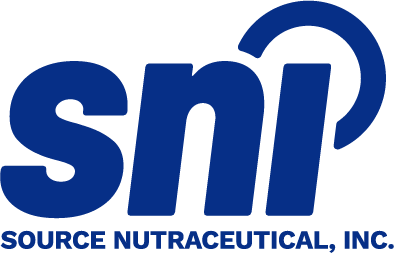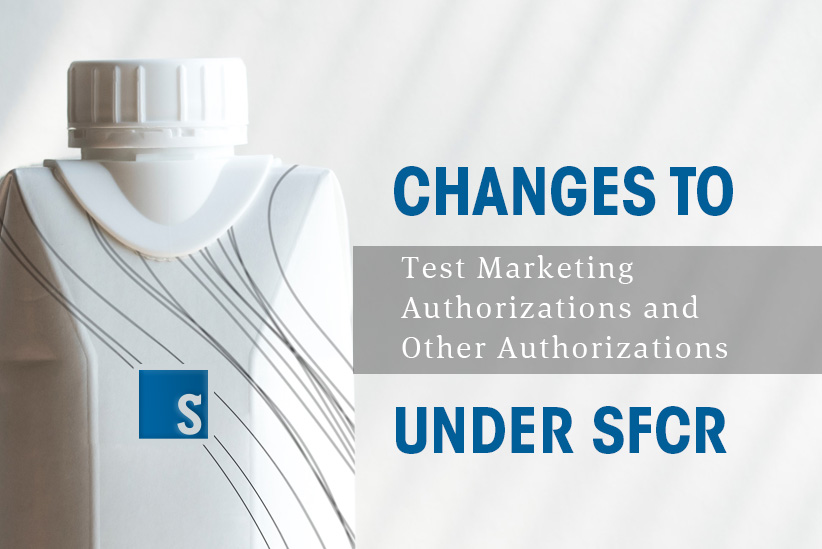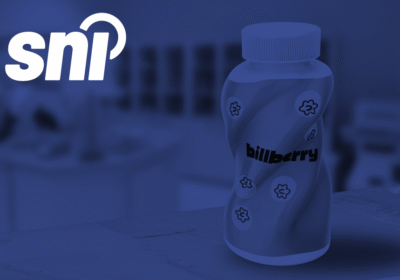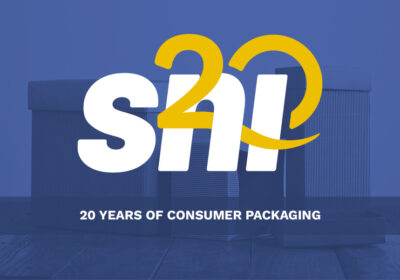In June, we blogged all about Test Market Authorization (TMAs), what they mean, and how test market provisions now apply to ALL foods.
The Marketing Authorization authority is an important Health Canada regulatory tool that implements decisions on Canadian food regulations. Food industry stakeholders can submit requests to change some aspects of the food regulations which may lead to an existing marketing authorization amendment. As an example, marketing authorizations may be used to authorize use of a specific food additive in Canada.
Test Marketing Authorization (TMAs) is different from a food that has received Temporary marketing authorization letters (TMALs) and should not be confused. Products that contain certain ingredients not allowed to be added in foods or contain permitted ingredients above the approved levels are considered ideal for Test Marketing Authorizations.
Changes to Test Market Authorizations
Test Market Authorizations (TMAs) are granted by the Canadian Food Inspection Agency for the purpose of test marketing a food. The authorization collects information to help implement certain food safety decisions. Under the new Safe Food for Canadians Regulations (SFCR) released this year, test market provisions now apply to all foods.
Test marketing food permits exemption from certain regulatory requirements, like bilingual labelling requirements under the Food and Drug Regulations (FDR) and regulated container sizes under the SFCR. Test market foods are only exempt from certain regulatory provisions for a specified time-period and should comply with all other applicable regulations.

Wondering how to qualify for such an exemption?
The food cannot have been sold previously in Canada in that form and must differ substantially from any other food sold in Canada with respect to its composition, function, state or packaging form. Certain foods that were previously only permitted to be sold through a TMA would no longer require one to be marketed. For example, apple juice as an ingredient in apple sauce no longer requires a TMA.
On that note: TMAs that were granted prior to the coming into force of the SFCR on January 15, 2019, will continue to be valid for the period for which they were issued.
A new three-step process has been introduced to obtain a TMA:
Step 1: Submission of application (8-12 weeks prior to conducting a test market);
Step 2: Acknowledgement of receipt of the application sent to the applicant;
Step 3: TMA granted if the submission package meets all the applicable criteria. Generally the authorization is granted for 2 years unless otherwise specified.
Further information on Marketing Authorizations can be found here.
Temporary Market Authorization
A food which does not meet one or more of the compositional, packaging, labelling or advertising requirements under the Food and Drugs Act and Food and Drug Regulations can be approved for a sale once a Temporary market authorization is granted. This is accomplished using Temporary marketing authorization letters (TMALs).
TMALs are issued for a specified time period, within a designated marketing area and in a specified quantity for a specific manufacturer or distributor.
TMALs do not exempt foods from the requirements under the SFCR or other food legislation.

Temporary market authorizations are granted for the purpose of generating information in support of a proposed amendment to the FDR and allows selling a noncompliant food before the regulatory amendments have been accepted.
Further information is available in Health Canada’s General guidance document for temporary marketing authorization for foods here.
TMAL and TMA applications may seem perplex and intricate, but rest-assured: our team here at Source know exactly how to assist. Contact us for assistance today! We are here to help.




